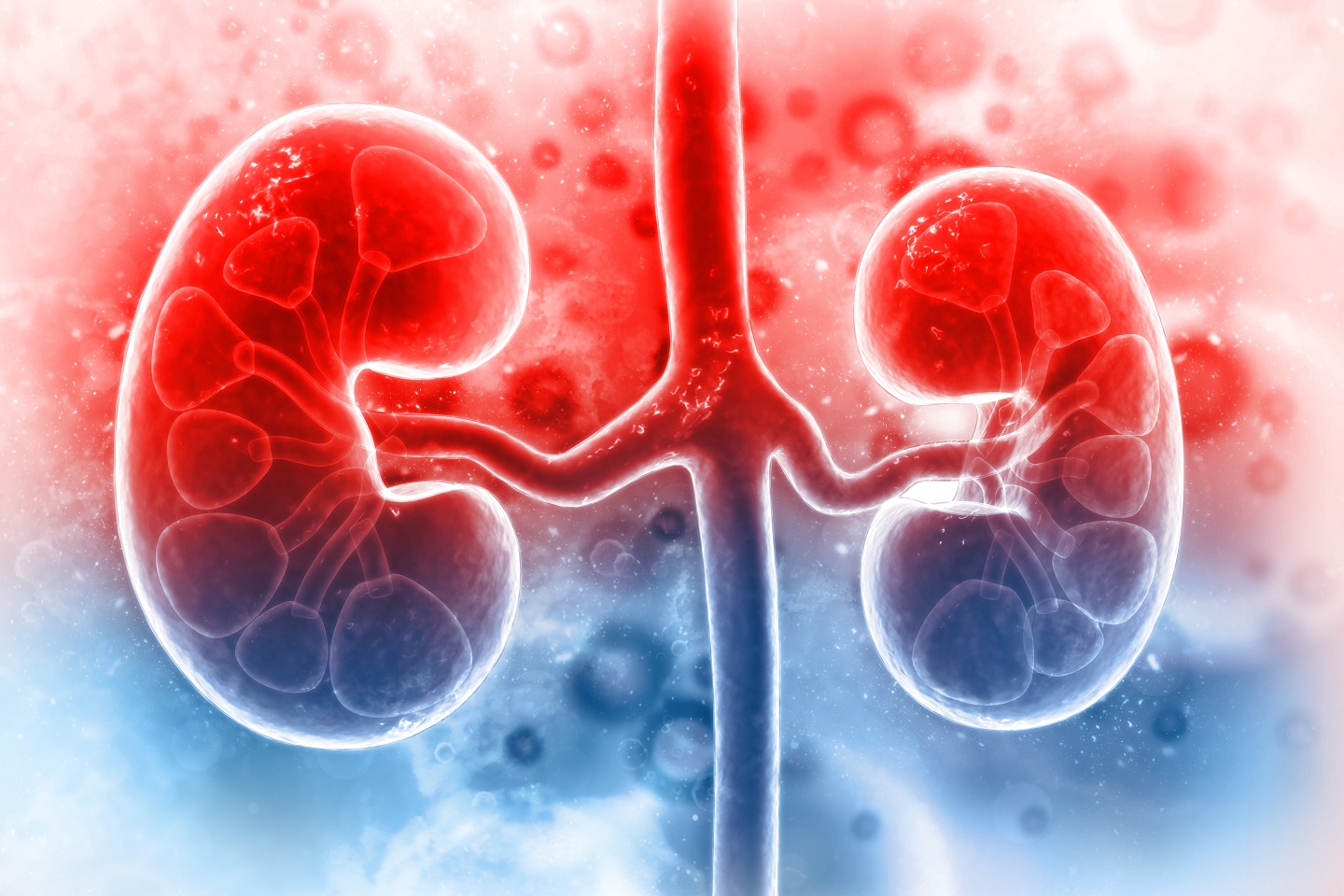
Decoding Proteinuria: Unraveling the Truth about Kidney Health
In the realm of routine physical examinations, a surprising revelation on test sheets has left many in a state of concern—positive proteinuria values. The discovery triggers a cascade of questions, with individuals fearing potential kidney issues. Additionally, some notice foam in their urine, leading to further speculation about the state of their kidney function.
Contrary to immediate apprehensions, the presence of foam in urine does not necessarily signal kidney trouble. Typically, urine has low tension, and occasional foam may arise due to various organic and inorganic substances. It’s crucial to understand that several factors can alter urine composition, resulting in temporary foam, and not all instances point to kidney complications.
However, if protein is detected in the urine, it demands serious attention.
Unraveling Proteinuria: Understanding the Basics
Proteinuria stems primarily from damage to the kidney’s filtration membrane, causing a loss of proteins from the blood. While most cases are treatable, a small percentage may require active pharmaceutical intervention to mitigate proteinuria.
In a healthy kidney, only a fraction of protein passes through the filtration membrane and is subsequently reabsorbed. When kidney diseases arise, this membrane is compromised, leading to increased permeability and substantial protein excretion, exceeding the kidney’s reabsorption capacity.
Categorizing Proteinuria: Physiological vs. Pathological
Proteinuria can be classified as physiological or pathological, depending on triggers. Physiological factors such as strenuous exercise or stress may induce temporary proteinuria, which usually resolves with the removal of the inducing factor. On the other hand, pathological proteinuria is linked to diseases like glomerulonephritis, renal congestion, and diabetes, requiring specific treatments.
Proteinuria: The Silent Threat
Despite its potential severity, proteinuria often goes unnoticed, especially when asymptomatic. Even in trace amounts, untreated proteinuria can lead to dire consequences, including renal failure. Long-term uncontrolled proteinuria accelerates renal failure, causing acute complications such as infection and thromboembolism.
Understanding the Risks: Quantifying Proteinuria
Proteinuria is an independent risk factor for kidney damage, exacerbating kidney disease if not promptly treated. Long-term excessive protein excretion leads to hypoalbuminemia, reduced colloid osmotic pressure, and persistent edema. Research underscores proteinuria as the primary independent risk factor for uremia, poisoning the kidneys and potentially causing uremia.
Taking Action: Managing Proteinuria
For those dealing with proteinuria, proactive management is essential. Six methods can serve as reference points:
- Low Salt Diet: Restricting sodium intake to around 3g per day can significantly reduce proteinuria.
- Blood Pressure Monitoring: Regular monitoring aids in controlling hypertension, a common companion to kidney disease.
- Preventing Colds: Cold prevention is crucial for those with nephrotic syndrome, as a cold can exacerbate urinary protein levels.
- Medication Control: Drugs like Prilim and Sartan, which lower blood pressure and urinary protein, are effective in managing kidney disease.
- Glucocorticoids: These hormones, with names like “cod” and “prednisol,” are crucial for treating nephrotic proteinuria, but their usage requires careful consideration.
- Immunosuppressants: In severe cases, immunosuppressants like tacrolimus and cyclosporine can be considered, under the guidance of a healthcare professional.
Conclusion: Navigating Proteinuria with Knowledge
The presence of protein in urine isn’t an immediate cause for kidney disease panic. However, vigilance and comprehensive examinations are crucial. Professional guidance and understanding the specifics of one’s condition are essential for accurate, long-term treatment of proteinuria.
DISCLAIMER
All information presented herein serves as a general guideline, and is not intended as dispensing any medical advice(s). User(s) should consult their doctor to seek further clarification for any doubt. It is recommended to refer to this guide with sole discretion, thereby we shall not be held responsible for any part of the information as presented.
REimagined Healthcare with BUZUD Care Experience at:
585 North Bridge Road, #01-02 Raffles Hospital, Singapore 188770
Call: +65 6518 9959 or Email: customercare@BUZUD.com
No Comments
Leave a Reply
You must be logged in to post a comment.
